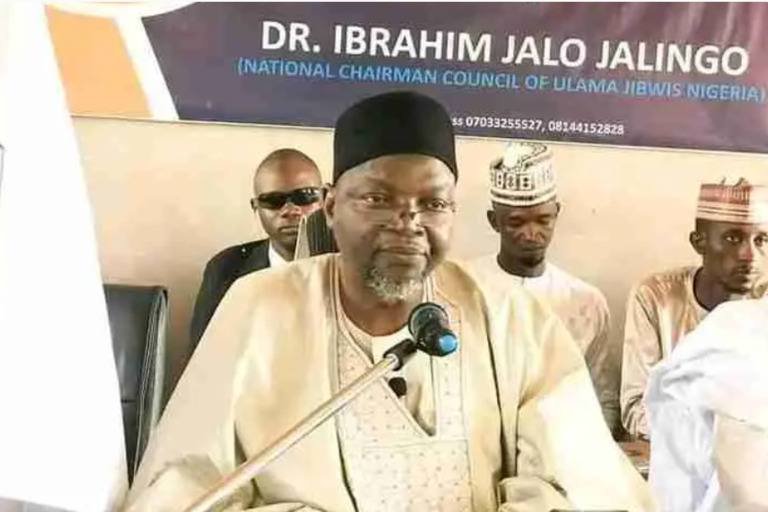A fierce social media debate has erupted across Nigeria following inflammatory online statements made by prominent Islamic figures, igniting fresh concerns over religious extremism and constitutional freedoms.
The controversy began when X (formerly Twitter) user Mk_maitama, a part-time lecturer and alumnus of F.C.E Kano and Bayero University Kano, posted a widely condemned comment about a woman who reportedly converted from Islam to Christianity.
“I see no basis for her conversion, and she is aware that Islamically it is forbidden and prohibited, with the penalty being beheading. She should face justice,” Mk_maitama declared in the viral post, drawing severe backlash from civil rights groups and the public.
Supporters like Sarki (@Waspapping_) doubled down on the rhetoric, stating, “Any Muslim speaking against the trial of a Muslim converting to Christian is an ignorant person and needs to go back to school.”
The remarks have been sharply criticized by interfaith leaders, human rights organizations, and advocates for religious liberty. Many warned that such language incites hatred and violates Nigeria’s constitutional guarantee of freedom of religion.
The debate intensified further when Dr. Ibrahim Jalingo, National Chairman of the Council of Ulama, voiced public support for executing apostates. Posting on Facebook, Jalingo backed a controversial Hadith that mandates death for those who leave Islam, dismissing opposing views as ignorant and slanderous.

“The Hadith you cited—‘Whoever changes his religion, kill him’—is authentic and does not contradict the Qur’an,” Jalingo wrote. Citing verses from Surah At-Tawbah, Al-Baqarah, and An-Nisa’, he argued that such teachings are supported by the Qur’an and claimed that the oft-quoted verse on religious freedom—“There is no compulsion in religion”—has been abrogated.
He went further, stating: “The Qur’an is a revelation from Allah, and so is the Hadith a revelation from Allah… the Prophet said, ‘Indeed, I was given the Qur’an and something like it alongside it.’”
In a scathing personal attack, Jalingo labeled his critics “fabricators” with the manners of “prostitutes and effeminate men,” a remark that has drawn condemnation for its misogynistic and hateful tone.
As tensions mount, calls for investigation into both Mk_maitama and Jalingo’s comments have grown louder. Civil society groups demand legal accountability, while Nigerians are left grappling with a deeper question: Where does religious freedom end, and where does extremism begin?
The incident underscores the increasingly volatile intersection of religious law and Nigeria’s secular legal system—an issue many say the nation can no longer afford to ignore.











